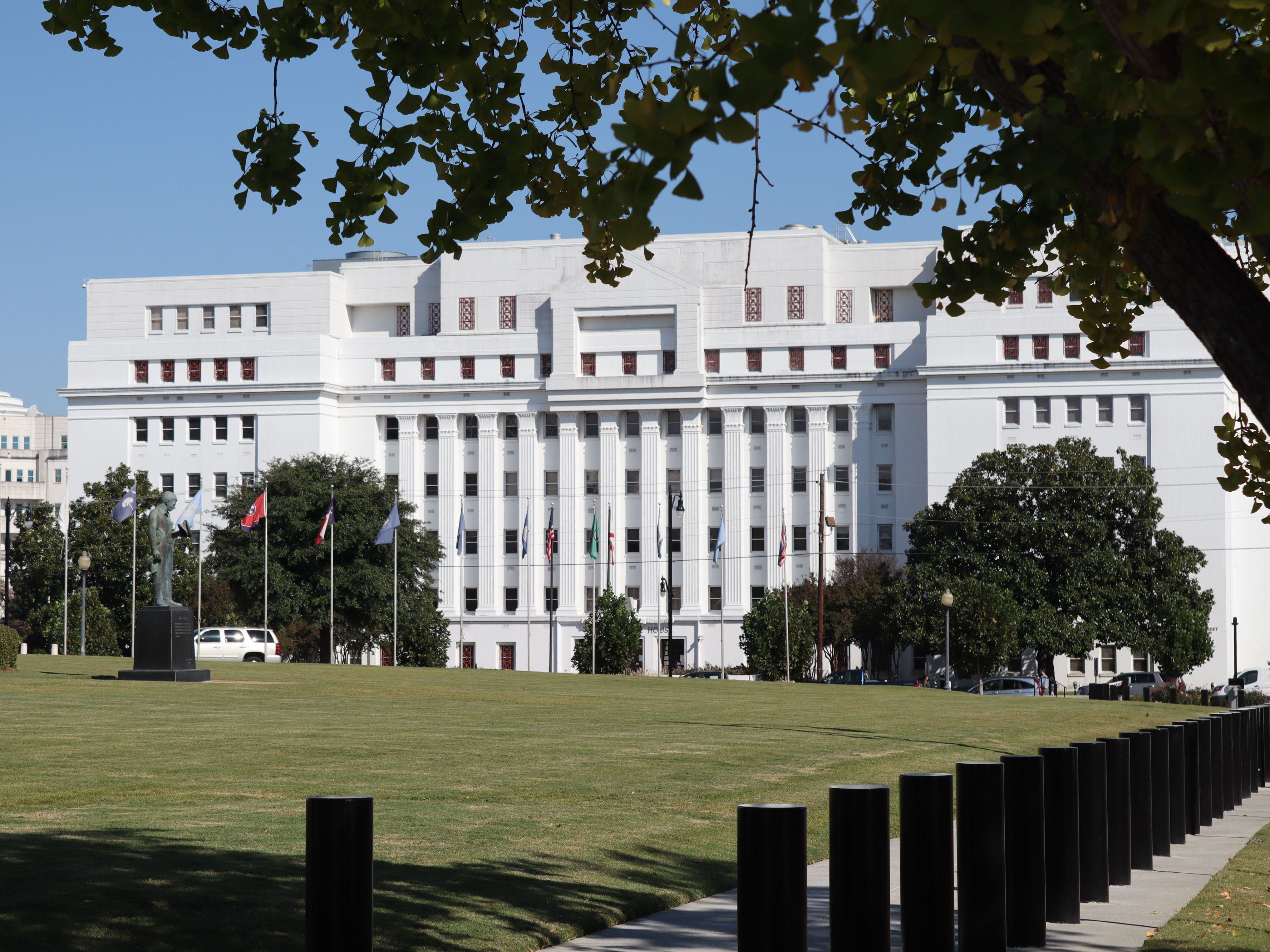The Alabama Senate Finance and Taxation Education Committee will meet on Tuesday and Wednesday. The bills of the Education Trust Fund (ETF) are on the committee agenda for Wednesday. The $8.1 billion ETF budget is the largest in the history of the state.
House Bill 135 (HB135) is sponsored by State Rep. Danny Garrett (R-Trussville), who chairs the House Ways and Means Education Committee which is tasked with preparing the budget. The budget has already passed the Alabama House of Representatives. The Senate Finance and Taxation Education Committee is tasked with including Senate priorities in the package of bills that together makes up the education budget.
The record $8,160,319,294 ETF fiscal year 2023 budget will go into effect on Oct. 1. The budget includes a 4% across-the-board pay raise for teachers and education staff, an education retiree bonus, more pre-K classrooms for four-year-olds, 149 mental health coordinators for every school system in the state, and more money for capital projects.
The package also includes HB138 by Garrett, making a supplemental appropriation to the FY2022 education budget of $1,283,283,616.
The largest part of that supplemental appropriation is $651,528,556 to the ETF Advancement and Technology (A&T) Fund, which functions as a rolling reserve to allow the state to avoid budget proration if the state’s revenues fail to live up to projections.
HB267 by Garrett is a Fiscal Year 2022 supplemental appropriation from the A&T fund to Alabama’s public schools and colleges and universities. This bill appropriates $76,591,969 to public colleges and universities, including the community college system, and $205,722,699 to local school boards.
HB136 by Garrett is a 4% pay raise for teachers and education support personnel. The cost of the pay raise is $178.6 million, including the associated retirement and FICA increases, for fiscal year 2023 and each year thereafter.
HB140, also by Garrett, appropriates $13,151,435 to Tuskegee University for FY2023. At least $2,000,000 of this appropriation is to be expended for the agricultural research and extension service state match.
HB141 by Garrett appropriates $389,327 in FY2023 funds to the Southern Preparatory Academy, formerly Lyman Ward Military Academy.
HB142 by Garrett appropriates $1,069,234 for Talladega College in FY2023.
The ETF, plus the appropriations for the three private schools which by statute cannot be included in the budget itself, is $8,174,929,290, up from $7,672,576,575 in FY2022. That total does not include the $1,283,283,616 supplemental appropriation in HB138, which is an unanticipated windfall from the strong FY2021 economy that left the state with a surplus.
In FY2023, K-12 education would receive $5,561,103,947, higher education $2,106,279,051, and other agencies $507,546,292 in the House-passed version of the education budget. The Senate, either in committee or on the floor, can change any of these numbers, including the House’s estimate of total revenues expected in FY2023. In FY2022 the split between K-12, Higher Ed, and other agencies was $5,255,917,289, $1,957,095,794, and $459,563,492, respectively.
If the ETF clears the committee on Wednesday, it could be taken up by the full Senate as early as Thursday. The House can vote to concur with Senate changes to the legislation or to not concur and send the ETF to a conference committee. That vote by rule could happen just minutes after the Senate takes action and would be brought without having to go through the normal special order calendar process.
The state has an arcane budgeting system where most of the money is earmarked and there are two separate budgets with billions of dollars outside of the two budgets, including $10 billion in federal matching funds for a myriad of agencies. Both Houses of the state legislature have passed differing versions of the State General Fund budget (SGF), which deals with non-education-related spending. The $2.6 billion record SGF has been assigned to a six-member conference committee that will craft a compromise SGF. Both Houses still have to approve the compromise SGF, but approving a conference committee version is an expedited legislative process that does not have to be placed on a special-order calendar, thus could happen very quickly when the committee is ready with its work.
Passing the two budgets is the primary constitutional purpose of the annual regular legislative session.
Tuesday will be day 24 of the 2022 Alabama Regular Legislative Session. There are a maximum of seven legislative days left in this session, but the Legislature is not required to meet for the maximum of 30 days. In theory, the legislature could pass both of the budgets by the end of the business day on Thursday and then vote to end this session early, having accomplished its primary constitutional duty and avoiding dealing with any more contentious issues, like gambling. Any bill that has not been passed by both Houses in the same form and sent to the Governor’s desk for her consideration would then be effectively dead and would have to go back through the whole legislative process either next year or in the special session to appropriate the anticipated $1.1 billion in additional federal ARPA funds that Congress is sending to the state for COVID-19 relief.
1819 News sources do not anticipate an early conclusion to the legislative session.
To connect with the author of this story, or to comment, email brandon.moseley@1819News.com.










